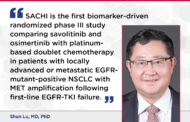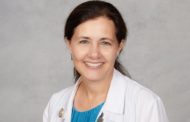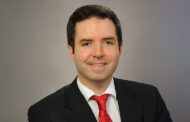Much has changed since WCLC last convened in Asia in 2017—and even more has remained the same. As the 2023 World Conference on Lung Cancer at the Suntec Singapore Convention & Exhibition Centre in Singapore approaches, IASLC leadership, including IASLC President Heather Wakelee, MD, have had an opportunity to reflect on how the conference has evolved and on the traditions that make it invaluable to the global thoracic oncology community.
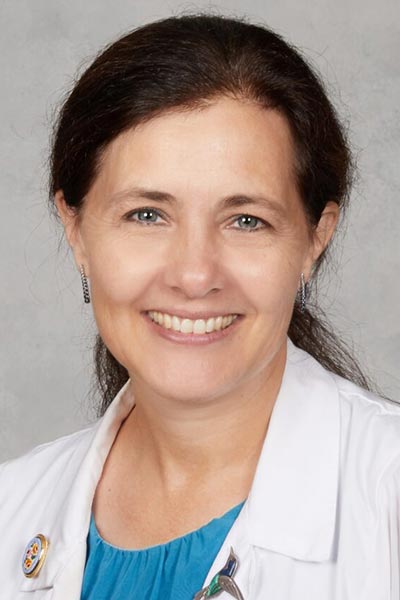
“I’ve never been to Singapore before, so I’m looking forward to enjoying a lot of good food,” said Dr. Wakelee in a recent interview with ILCN. “But what I’m most excited about is reconnecting with other IASLC members from around the world. We are a global and multidisciplinary organization and there are so many dear colleagues and friends who I only get to see in person at WCLC. It is always fantastic to reconnect!”
Dr. Wakelee is Professor and Chief of Oncology at Stanford University School of Medicine in Stanford, California. Not surprisingly, she spends most of her working hours thinking about and living in medical oncology. She said WCLC is a welcome and necessary break from her day-to-day professional duties.
“It is important for all of us to think outside our own narrow specialty and explore the intersections with all of the other specialties and all the amazing work that we are doing together to make an impact on thoracic malignancies,” she said. “I’m excited to see the science on display here in Singapore during the next four days.
“In the plenary sessions alone, we will be hearing about equity and access to appropriate clinical care, new staging criteria, the challenges of transforming lung cancer discoveries into lung cancer treatments in lower- and middle-income regions, and advances in pathology that are improving outcomes for our patients. The science being presented in Singapore has the potential to transform clinical care around the globe.”
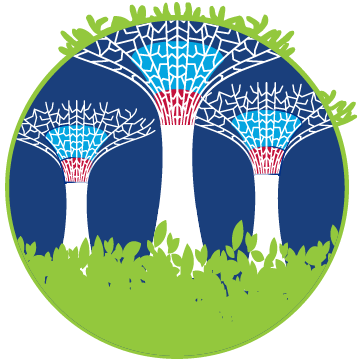
Plenary Session 3: Presidential Symposium
08:30-10:00 SGT, Monday, September 11, Room 406
Don’t miss IASLC President Dr. Heather Wakelee’s Presidential Address, which will kick off the Presidential Symposium. The symposium will include several highly anticipated abstract presentations.
Dr. Wakelee’s term as IASLC president overlapped the COVID-19 pandemic. The pandemic not only transformed thoracic medicine; it transformed WCLC. IASLC, like many major medical organizations, had long discussed the practicalities of including a virtual audience, but there was more talk than action.
“Suddenly, a virtual WCLC was all we could do,” Dr. Wakelee said. “One of the things we learned was that in a fully virtual world, you miss out on some of the connections you make with other attendees. But in the in-person only world, you limit access to so many people who would be overjoyed to engage, participate, and learn. I love that we are going to continue having a hybrid meeting.”
Not only are many sessions being live streamed for virtual attendees, they will also be available on demand for virtual and in-person attendees alike. All attendees can continue participating and learning long after the conclusion of WCLC 23 on Tuesday, September 12.
Expanding and extending the learning opportunities of WCLC is important, Dr. Wakelee said. One of the unexpected benefits of being IASLC president is the constant exposure to all the disciplines that contribute to thoracic medicine.
“It starts with the work of understanding the etiology of lung cancer and other thoracic malignancies,” she said. “What are we doing for prevention? We are meeting in Singapore, and we know that in Asia, especially in women, smoking is not the dominant cause of lung cancer. From the perspective of screening, we need to know more about why diseases are happening and what we can do to prevent them.” The next level is pushing the screening envelope to detect disease earlier to cure more patients and in developing more effective treatments.
At WCLC “all of the disciplines are involved,” she said, “surgery, radiation oncology, medical oncology, pathology, local modalities, systemic therapies, an exploding field of diagnostics. Chemotherapy is still important. WCLC is a time to see all these advances and talk with people who are focused on them and understand the challenges in different parts of the world.
“In the US right now, we can’t get some standard chemotherapy drugs. And in other parts of the world, they can’t get the newest treatments for their patients. Learning from each other, we can improve healthcare delivery for all our patients.”


